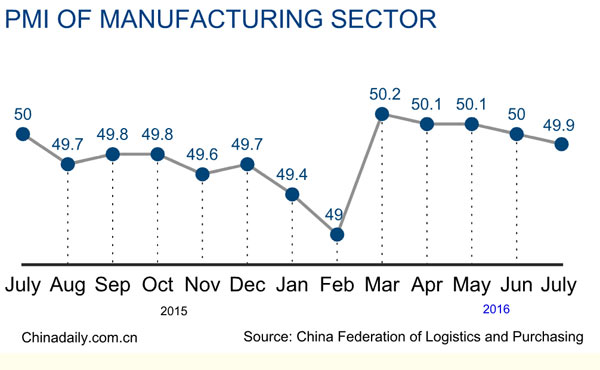Understanding PMI on Loan: What You Need to Know for Your Mortgage
#### What is PMI on Loan?PMI on loan, or Private Mortgage Insurance on a loan, is a type of insurance that lenders require when a borrower is unable to make……
#### What is PMI on Loan?
PMI on loan, or Private Mortgage Insurance on a loan, is a type of insurance that lenders require when a borrower is unable to make a down payment of at least 20% of the home's purchase price. This insurance protects the lender in the event that the borrower defaults on the loan. PMI is typically added to the monthly mortgage payment, increasing the overall cost of homeownership.
#### Why is PMI Required?
Lenders require PMI to mitigate their risk when lending to borrowers with lower down payments. A lower down payment means that the borrower has less equity in the home, which can lead to a higher likelihood of default. By requiring PMI, lenders can protect themselves against potential losses. This requirement can be particularly important for first-time homebuyers who may not have the financial means to save up for a larger down payment.

#### How Much Does PMI Cost?
The cost of PMI can vary significantly based on factors such as the size of the down payment, the loan amount, and the borrower's credit score. Typically, PMI costs between 0.3% to 1.5% of the original loan amount per year. For example, on a $200,000 mortgage, PMI could range from $600 to $3,000 annually, which translates to an additional $50 to $250 per month. Understanding these costs is crucial for budgeting and financial planning.
#### How to Avoid PMI

While PMI is often a necessary expense for many homebuyers, there are strategies to avoid it. One common method is to make a down payment of at least 20%. Alternatively, some lenders offer "piggyback" loans, where a second mortgage is taken out to cover part of the down payment, allowing the borrower to avoid PMI. Additionally, government-backed loans, such as FHA loans, have their own insurance requirements but may not require PMI in the traditional sense.
#### How to Cancel PMI
Once you have built up enough equity in your home, you may be able to cancel your PMI. Generally, you can request cancellation once your equity reaches 20%, based on the original purchase price or the current appraised value of the home, depending on the lender's policies. It's important to keep track of your home's value and communicate with your lender about your options for removing PMI.

#### Conclusion
PMI on loan can be a significant expense for homebuyers, but understanding its purpose and how it works can help you make informed decisions about your mortgage. Whether you aim to avoid PMI altogether or seek to cancel it in the future, being proactive and knowledgeable about your options can lead to substantial savings in the long run. As the housing market continues to evolve, staying informed about PMI and other mortgage-related topics is essential for any prospective homeowner.